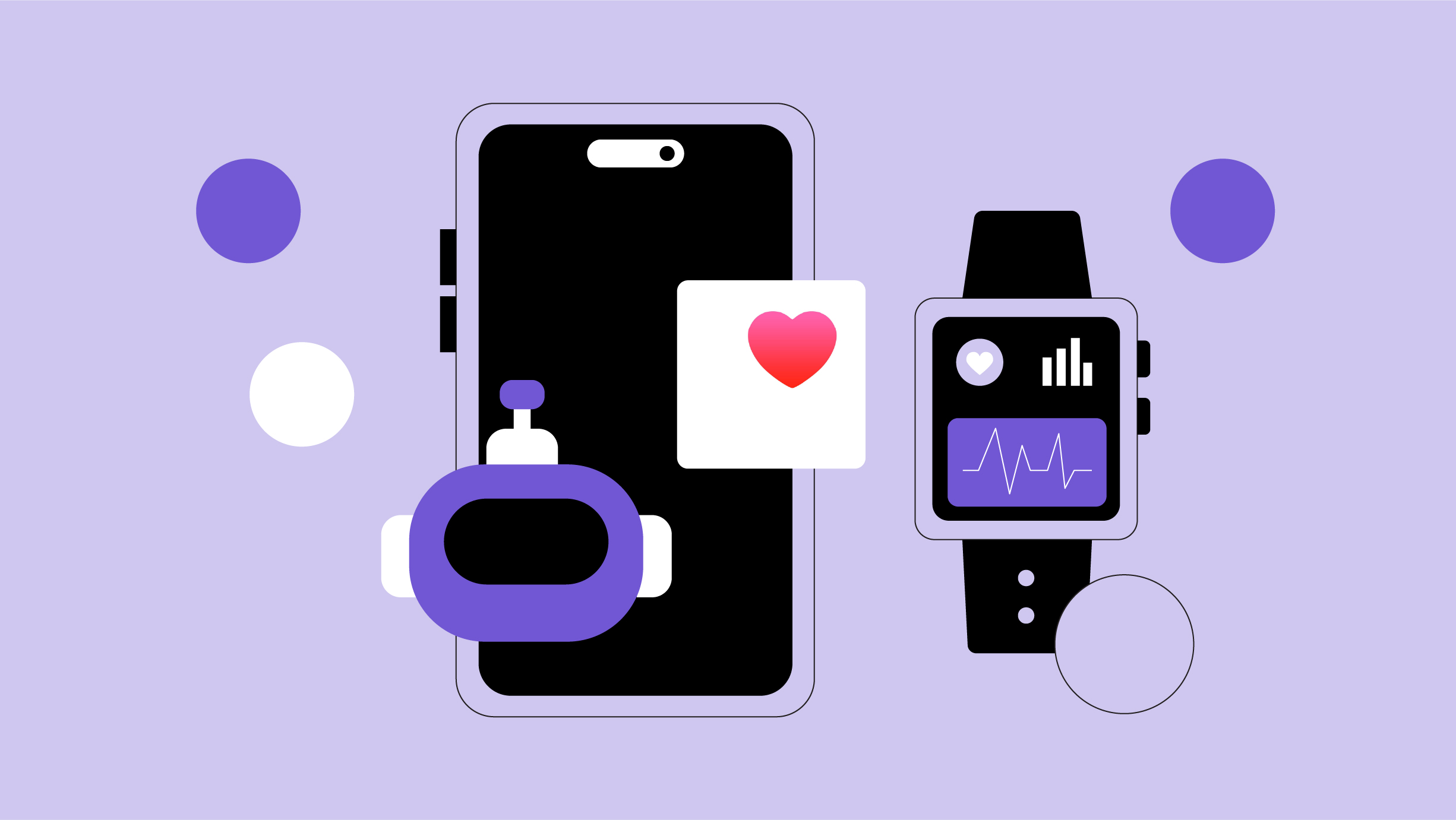What should I tell my care team before I take this medication?
They need to know if you have any of these conditions:
- Blood disorder
- Heart disease
- Infection especially a viral infection, such as chickenpox, cold sores, herpes
- Liver disease
- Recent or ongoing radiation
- An unusual or allergic reaction to doxorubicin, soybeans, other medications, foods, dyes, or preservatives
- If you or your partner are pregnant or trying to get pregnant
- Breast-feeding
What may interact with this medication?
Do not take this medication with any of the following:
This medication may also interact with the following:
- Medications to increase blood counts, such as filgrastim, pegfilgrastim, sargramostim
- Vaccines
This list may not describe all possible interactions. Give your health care provider a list of all the medicines, herbs, non-prescription drugs, or dietary supplements you use. Also tell them if you smoke, drink alcohol, or use illegal drugs. Some items may interact with your medicine.
What should I watch for while using this medication?
Your condition will be monitored carefully while you are receiving this medication. You may need blood work while taking this medication.
This medication may make you feel generally unwell. This is not uncommon as chemotherapy can affect healthy cells as well as cancer cells. Report any side effects. Continue your course of treatment even though you feel ill unless your care team tells you to stop.
Your urine may turn orange-red for a few days after your dose. This is not blood. If your urine is dark or brown, call your care team.
In some cases, you may be given additional medications to help with side effects. Follow all directions for their use.
Talk to your care team about your risk of cancer. You may be more at risk for certain types of cancers if you take this medication.
Talk to your care team if you or your partner may be pregnant. Serious birth defects can occur if you take this medication during pregnancy and for 6 months after the last dose. Contraception is recommended while taking this medication and for 6 months after the last dose. Your care team can help you find the option that works for you.
If your partner can get pregnant, use a condom while taking this medication and for 6 months after the last dose.
Do not breastfeed while taking this medication.
This medication may cause infertility. Talk to your care team if you are concerned about your fertility.
What are the most serious risks of this medication?
This medicine causes damage to the heart. Heart damage can occur during treatment or many years after treatment is done. Your healthcare provider will closely monitor your heart.
Serious side effects can occur during the infusion of this treatment. Your care team will watch you closely.








